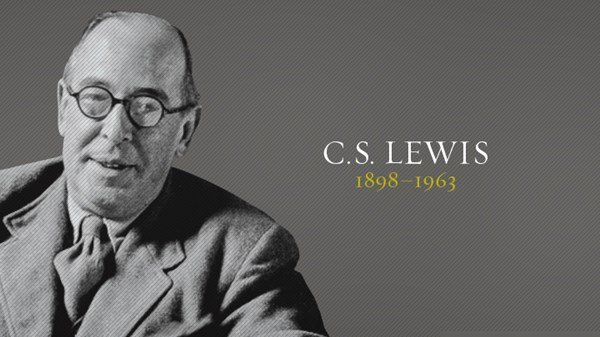
I am hoping that providing these examples of asking and answering questions as part of exegesis will help you dig deeper as you prepare to preach and teach the Scriptures.
I encountered another example as a result of preparing to preach today from Matthew 3:1-12, the John the Baptist narrative.
One of the key exegetical/theological aspects of the preaching portion is in v. 2, John’s sermon:
“Repent for the kingdom of heaven is at hand.”
If you’ve preached or taught this before then you’ve defined “repent” and also announced the logical connection created by the connector, “for.” It is because the kingdom of heaven has come near that everyone is called to repentance. You have also defined the kingdom of heaven.
Now, I have been promoting the need to dig a bit deeper by asking and answering additional “why” questions. The analysis above, while important, is not sufficient. In this case I want to ask,
“Why does the arrival of the kingdom of heaven warrant repentance?”
Could you answer that question? Do you see why that question is important for the sermon/lesson? Imagine critical sermon minutes devoted to things like an explanation of the kind of King Jesus is or the kind of kingdom He is creating or the kind of citizen that can occupy this kingdom.
An attempt at an answer is something like: “Only repentance from sin, a true turn from sin and turning to God, creates the kind of citizen that can inhabit the kind of Kingdom God is creating for His new world.”
I am hoping you can see how God can receive glory in the church and in Christ Jesus (Ephesians 3:21) with that kind of exegetical and theological depth.
Randal










